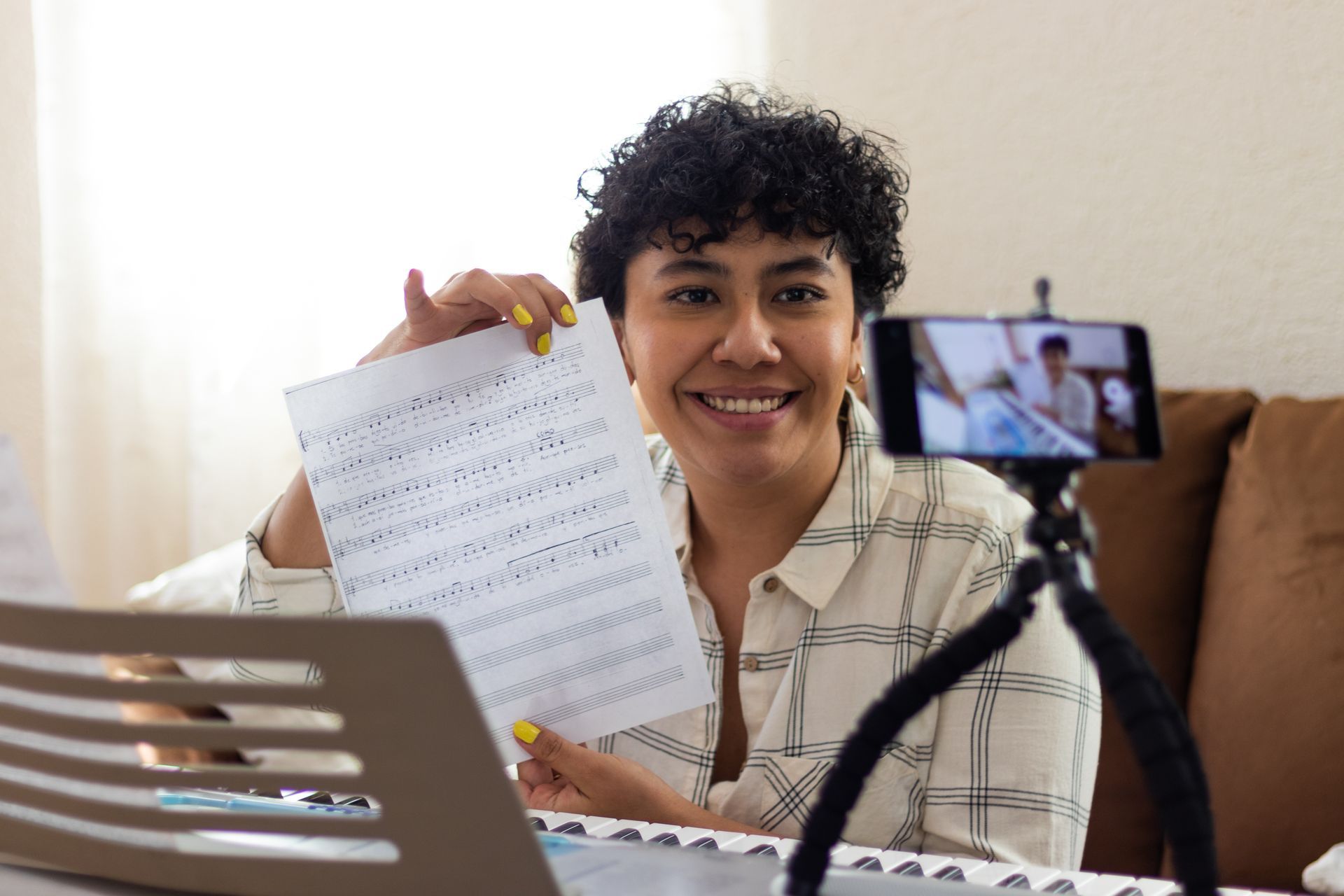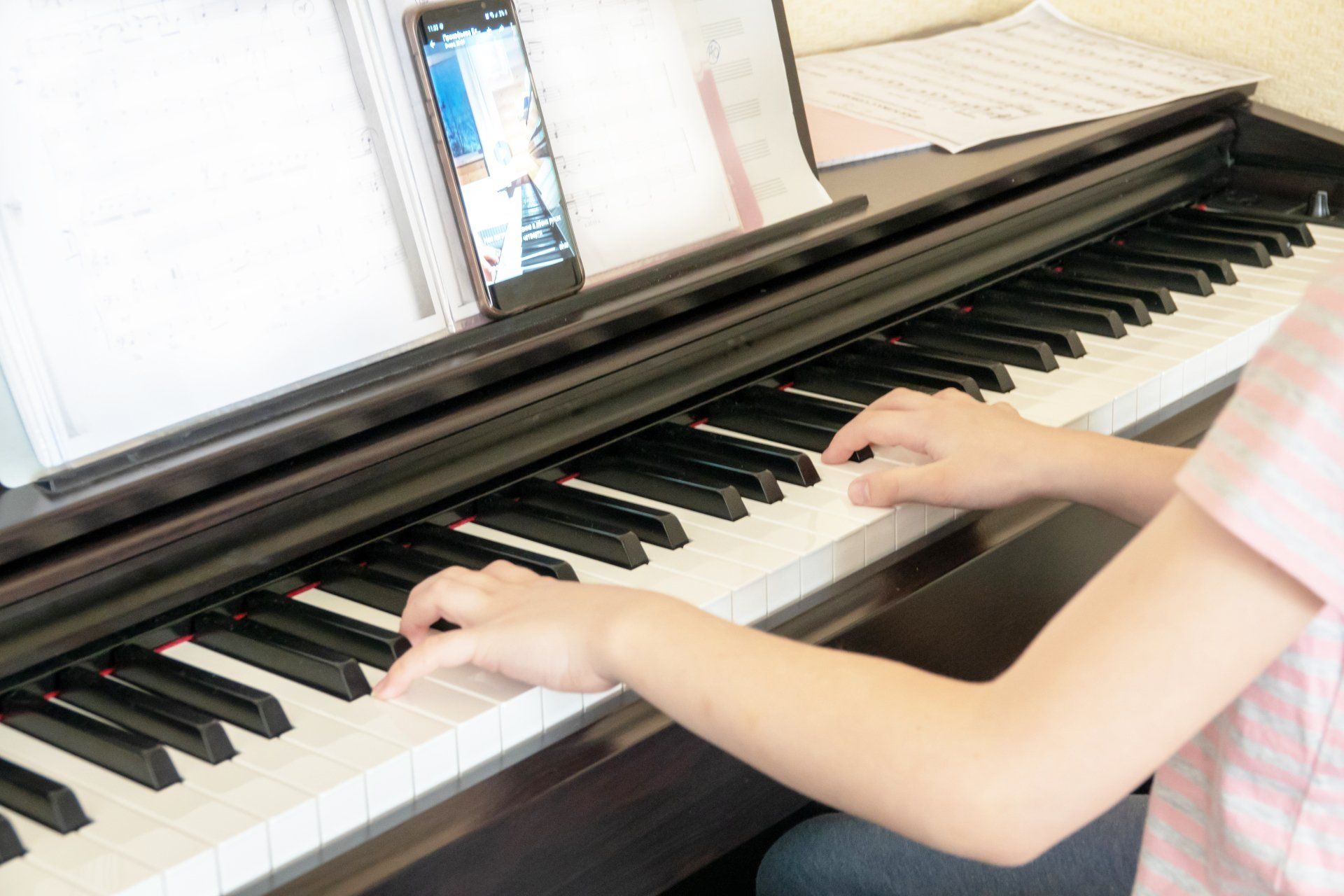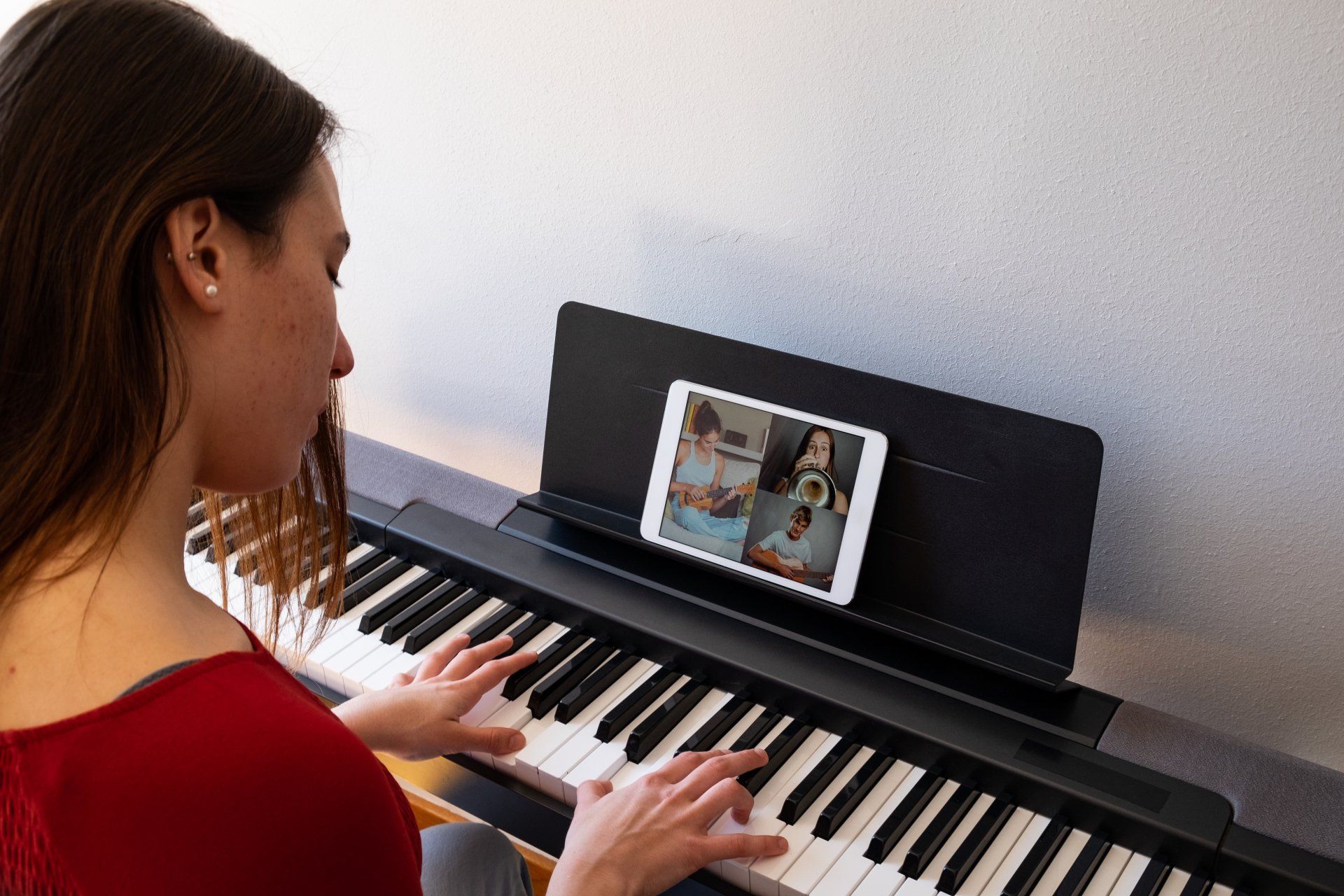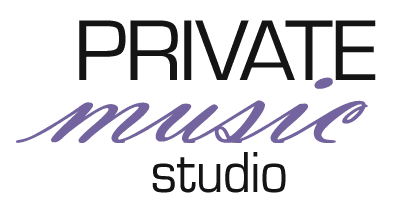Audition Prep
Audition Prep For Better Success
As students advance in their musical studies, there are many opportunities for auditions. This gives them something else to work towards other than their yearly recital. The audition process builds superior performance skills and has a desired reward if completed successfully which can be really motivating for students.
No matter what level, there is an audition opportunity available. A student is never too young to try, and constant exposure to the process will make it easier each time. Types of auditions include:
- District, regional, and state musical groups
- Youth/community performing groups
- City, district, regional, state, and national performance exams and competitions
- College and university auditions
- Scholarship auditions
- Placement auditions for seating
There are many things you can do as their private teacher to prepare your students. Even the preparation process is a learning experience that will help them learn to prepare on their own once they reach a professional level.
- Requirements – Every audition has a website or at least some online information with audition requirements. Be sure to take into consideration the types of pieces required, length, and difficulty level. Make sure that every selection you make falls under the requirements. Poor decisions can result in disqualification, even if your student’s skill level is up to par.
- Ability – Be sure to find out if your student’s level of ability is in line with the audition. If they’re vastly above the skill level of the audition, they may not be considered because the opportunity may not be suited for them. If the audition is for something that is way beyond their skill level, you’re setting the student up for disappointment and wasting everyone’s time involved.
- Personality – This is two fold. First, make sure that the opportunity that the student is auditioning for is something they will really enjoy. Second, choose repertoire for the audition that suits their personality, while also staying within the audition guidelines. After all, our best performances are playing music we love
- . Practice History – Does your student drag their feet, or are they prepared every week? Be sure to allot enough practice time for the student to be adequately prepared. Setting unrealistic expectations could likely result in failure, and quite a bit of unnecessary pressure, which is unhealthy for children.
- Level Of
Musical Difficulty
– Again, this point is aligned with ability. There is
typically some wiggle room within audition requirements to stay within the
excepted repertoire and pieces that are well suited to the student’s ability.
As a teacher, you may know that one piece will be more impressive than another,
but if it’s too difficult, that will defeat it’s purpose. A well-played piece
that is less difficult will always win in the end.
As every performer knows, practicing HOW to perform is just as important as rehearsing your repertoire. The same goes for auditions! Staging a mock audition can work wonders for your students to get rid of jitters that could compromise their performance. Have your student play in front of a few “judges” that will offer them feedback or enroll them in a masterclass where any negative feedback won’t count against them and is just for constructive purposes.
Audition experiences can be exciting for both the student and the teacher. Watching a student you’ve worked with for a long period of time work hard, and achieve their goals can be just as fulfilling for you as it is for them. Guiding students through the audition process is a valuable tool they can carry with them for an entire career and much future success.











